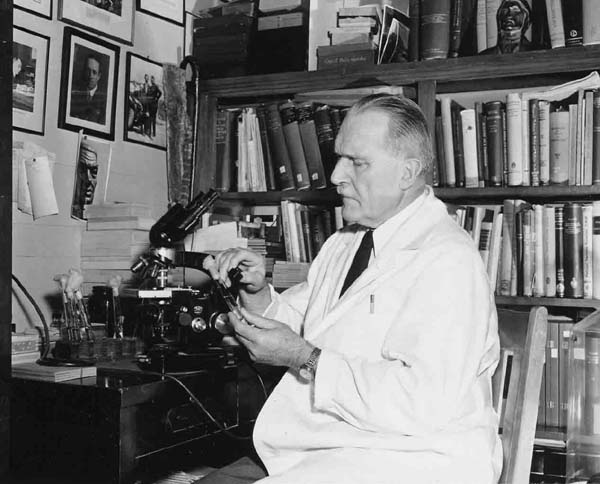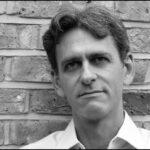The lecture Karl F. Meyer: California’s Forgotten Microbe Hunter given by Mark Honigsbaum, PhD at UCSF last month, on December 5th, is now available free online via the Internet Archive.
[iframe src=”https://archive.org/embed/CaliforniasForgottenMicrobeHunter” width=”640″ height=”480″ frameborder=”0″ webkitallowfullscreen=”true” mozallowfullscreen=”true” allowfullscreen]
In the 1930s California’s rapid population growth and the incursion of agricultural settlers into valleys and deserts teeming with exotic pathogens resulted in outbreaks of “new” infectious diseases. To divine the cause of these outbreaks and trace the epidemics to their source, health officials turned to San Francisco’s premier “microbe hunter,” Karl Friedrich Meyer.
Drawing on Meyer’s papers at the UCSF and Bancroft libraries, this talk reviews Meyer’s feats of microbial detection and his pioneering investigations of disease ecology. Dr. Honigsbaum views Meyer as an important bridge figure in mid-20th century medical research who sought to link microbial behavior to broader environmental and social factors that impact host-pathogen interactions and the mechanisms of disease control.
About the UCSF Archives & Special Collections Lecture Series: This lecture series was launched to introduce a wider community to treasures and collections from its holdings, to provide an opportunity for researchers to discuss how they use this material and to celebrate clinicians, scientists, and health care professionals who donated their papers to the archives.
Find out more about upcoming lectures, past presentations, and links to more lecture videos here! And please, join us for the next one– coming soon in 2015!


